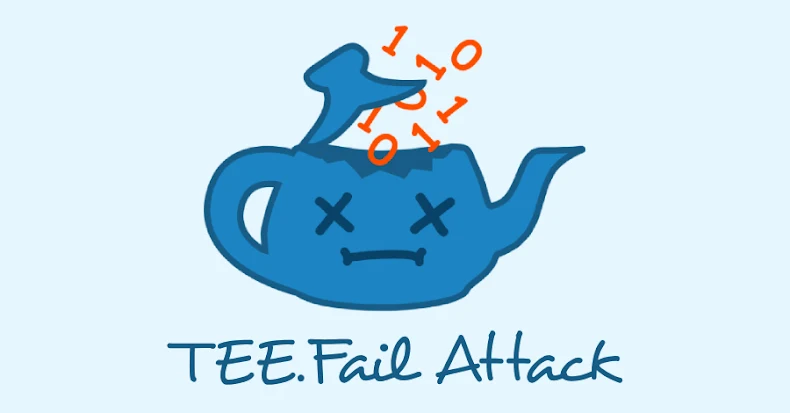Introduction to Online Fraud
As India enters its peak shopping season, cybercriminals are leveraging artificial intelligence to launch sophisticated attacks on individuals. A recent report by McAfee reveals that nearly one in three Indians have fallen victim to festive-season scams, with 37% of them losing money.
The Evolution of Online Fraud
According to cybersecurity experts, this festive season marks a significant turning point in the evolution of online fraud. The use of artificial intelligence has enabled scammers to create customized and contextual communication, making it increasingly difficult for individuals to distinguish between legitimate and fraudulent messages.
Customized Targeting
With the advent of GenAI, fraudsters can now create personalized scams using leaked personal data and AI-powered tools. Sneha Katkar, head of product strategy at Quick Heal Technologies, notes that "fraudsters weaponize holiday FoMO (fear of missing out), lacing subject lines with aggressive countdowns or threats of account suspension."
The Rise of AI-Crafted Scams
McAfee’s report highlights the increasing use of AI-crafted scams, including deepfake ad videos, QR-code payment diversions, and bogus shopping and travel websites. These campaigns exploit messaging apps and social media ads to trick users into downloading malicious links or disclosing personal information.
Regulatory Challenges
India’s existing cyber laws struggle to address the new threat landscape posed by AI-powered scams. While regulations penalize impersonation and data misuse, they remain geared toward technical breaches rather than synthetic deception. Experts advocate for a principle-based framework that balances flexibility and accountability, along with greater enforcement and inter-department coordination.
Regulations Lagging Behind
Aparna Gaur, founding partner at Trace Law Partners, notes that the proposed Digital India Act may introduce regulations on intermediary liability, algorithmic transparency, and synthetic content. However, experts caution that a prescriptive strategy might hinder innovation. A dedicated AI-incident response mechanism, similar to initiatives abroad, may be necessary to streamline oversight and reporting among regulators.
Conclusion
As AI blurs the line between manipulation and marketing, experts warn that no regulatory framework alone can fully protect citizens without an informed and vigilant public. Consumer awareness remains critical in the fight against online fraud.
Published On Oct 21, 2025 at 09:26 AM IST
Join the community of 2M+ industry professionals. Subscribe to our Newsletter to get the latest insights and analysis in your inbox.
All about ETCISO industry right on your smartphone! Download our app to stay up-to-date on the latest news and trends.
[ad_2]Source Link





